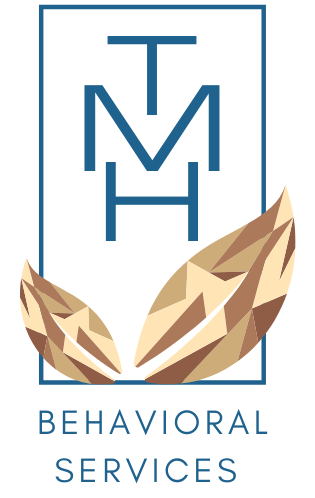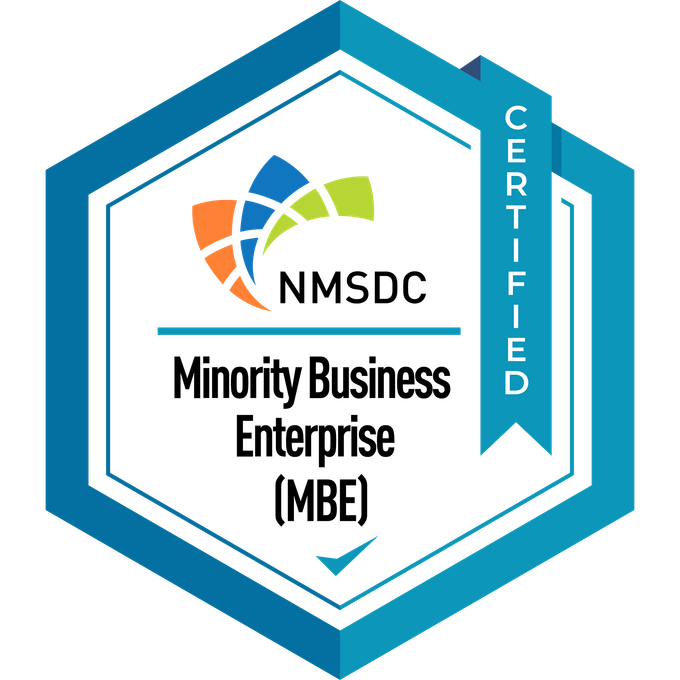TMH believes that everyone should have access to quality mental health services regardless of inability to pay.
Requests for discounted services may be made by clients who are experiencing financial hardship. The Sliding Fee Discount Program (SFDP) will be available for individual therapy services via in person and telehealth visits.
Program Overview
All clients seeking mental healthcare services at TMH BEHAVIORAL SERVICES are assured that they will be served regardless of ability to pay. No one is refused service because of lack of financial means to pay. This program is designed to provide free or discounted care to those who have no means, or limited means, to pay for their mental health services (uninsured or underinsured).
Program eligibility is placed on a person’s ability to pay and will not discriminate on the basis of an individual’s race, color, sex, national origin, disability, religion, age, sexual orientation, or gender identity
Eligibility
Discounts will be based on income and family size only.
Family is defined as:
A group of two people or more (one of whom is the householder) related by birth, marriage, or adoption and residing together; all such people (including related subfamily members) are considered as members of one family. TMH Behavioral Services will also accept non-related household members when calculating family size.
Income Includes:
Gross wages; salaries; tips; income from business and self-employment; unemployment compensation; workers' compensation; Social Security; Supplemental Security Income; public assistance; veterans' payments; survivor benefits; pension or retirement income; interest; dividends; royalties; income from rental properties, estates, and trusts; alimony; child support; assistance from outside the household; and other miscellaneous sources.
01
Complete Application
Complete the program application in its entirety. If needed, we will be available to assist you with your application.
02
Income Verification
Applicants may provide one of the following: prior year W-2, two most recent pay stubs, letter from employer, or Form 4506-T (if W-2 not filed). Self-employed individuals will be required to submit detail of the most recent three months of income and expenses for the business. Adequate information must be made available to determine eligibility for the program. Self- declaration of Income may be used. Patients who are unable to provide written verification may provide a signed statement of income.
03
Applicant Notification
The Sliding Fee Discount Program (SFDP) determination will be provided to the applicant(s) in writing, and will include the percentage of (SFDP) write off, or, if applicable, the reason for denial. If the application is approved for less than a 100% discount or denied, TMH Behavioral Services will work with the client and/or responsible party to establish payment arrangements. (SFDP) applications cover outstanding patient balances for six months prior to application date and any balances incurred within 12 months after the approved date, unless their financial situation changes significantly. The applicant has the option to reapply after the 12 months have expired or anytime there has been a significant change in family income. When the applicant reapplies, the look back period will be the lesser of six months or the expiration of their last (SFDP) application.
Discount Levels
Those with incomes at or below 100% of poverty will receive a full 100% discount for services. Those with incomes above 100% of poverty, but at or below 200% of poverty, will be charged a nominal fee according to the attached sliding fee schedule. The sliding fee schedule will be updated during the first quarter of every calendar year with the latest FPL Guidelines
Maximum Annual Income Amounts for each Sliding Fee Percentage Category (except for 0% discount)
| Poverty Level | 100% | 110% | 120% | 130% | 140% | 150% | 160% | 170% | 180% | 190% | 200% | >200% |
|---|---|---|---|---|---|---|---|---|---|---|---|---|
| Family Size | Save 100% | Save 90% | Save 80% | Save 70% | Save 60% | Save 50% | Save 40% | Save 30% | Save 20% | Save 15% | Save 10% | Save 0% |
| 1 | $13,590 | $14,949 | $16,308 | $17,667 | $19,026 | $20,385 | $21,744 | $23,103 | $24,462 | $25,821 | $27,180 | 27,181+ |
| 2 | $18,310 | $20,141 | $21,972 | $23,803 | $25,634 | $27,465 | $29,296 | $31,127 | $32,958 | $34,789 | $36,620 | 36,621+ |
| 3 | $23,030 | $25,333 | $27,636 | $29,939 | $32,242 | $34,545 | $36,848 | $39,151 | $41,454 | $43,757 | $46,060 | 46,061+ |
| 4 | $27,750 | $30,525 | $33,300 | $36,075 | $38,850 | $41,625 | $44,400 | $47,175 | $49,950 | $52,725 | $55,500 | 55,501+ |
| 5 | $32,470 | $35,717 | $38,964 | $42,211 | $45,458 | $48,705 | $51,952 | $55,199 | $58,446 | $61,693 | $64,940 | 64,941+ |
| 6 | $37,190 | $40,909 | $44,628 | $48,347 | $52,066 | $55,785 | $59,504 | $63,223 | $66,942 | $70,661 | $74,380 | 74,381+ |
| 7 | $41,910 | $46,101 | $50,292 | $54,483 | $58,674 | $62,865 | $67,056 | $71,247 | $75,438 | $79,629 | $83,820 | 83,821+ |
| 8 | $46,630 | $51,293 | $55,956 | $60,619 | $65,282 | $69,945 | $74,608 | $79,271 | $83,934 | $88,597 | $93,260 | 93,261+ |
| + per person | $4,720 | $5,192 | $5,664 | $6,136 | $6,608 | $7,080 | $7,552 | $8,024 | $8,496 | $8,968 | $9,440 | 9,440 |
*Based on the 2022 Federal Poverty Guidelines (FPG) for the 48 contiguous states and the District of Columbia. Please note that there are separate guidelines for Alaska and Hawaii, and that the thresholds would differ for sites in those two states. Sites in Puerto Rico and other outlying jurisdictions would use the above guidelines.
Are you interested? Apply Now


